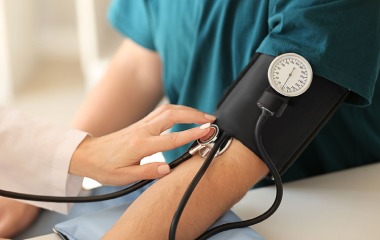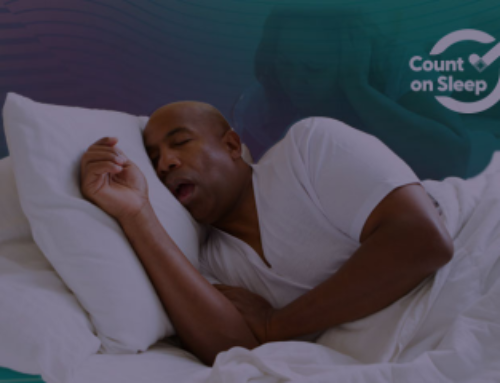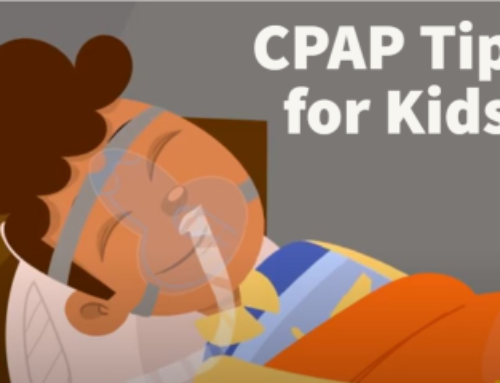The CDC reports that 36 million American adults with high blood pressure don’t have it under control. In many cases, severe sleep apnea may be to blame.
High blood pressure often is treated with a combination of three or more drugs. Blood pressure that fails to respond to this drug treatment is called “resistant hypertension.”
The AASM reports that about 80 percent of people who do not respond to high blood pressure medications have obstructive sleep apnea. A new study examined the link between OSA and resistant hypertension.
The study involved 78 people with sleep apnea who were being treated for high blood pressure with three or more drugs. Results show that the risk for resistant hypertension was related to the severity of OSA.
About 65 percent of those with severe sleep apnea had resistant hypertension. In comparison, resistant hypertension occurred in about 33 percent of those with moderate OSA. Further analysis found that people with severe sleep apnea were five times more likely to have resistant hypertension.
“Our findings suggest that severe OSA contributes to poor blood pressure control despite aggressive medication use,” said study author Dr. Harneet Walia. Dr. Walia is assistant professor of family medicine at the Cleveland Clinic Lerner College of Medicine of Case Western Reserve University.
The study was published recently in an online supplement of the journal Sleep. Dr. Walia presented the results in June at SLEEP 2013.
People with severe sleep apnea can stop breathing hundreds of times in one night of sleep. These breathing pauses put an enormous amount of stress on the heart.
But treating OSA can help lower blood pressure. The standard treatment for sleep apnea is CPAP therapy.
If you have resistant hypertension, contact an AASM accredited sleep center. A board certified sleep medicine physician can determine if you have sleep apnea.
Treating OSA can have a dramatic impact on your overall health. Good sleep is also good for your heart.





